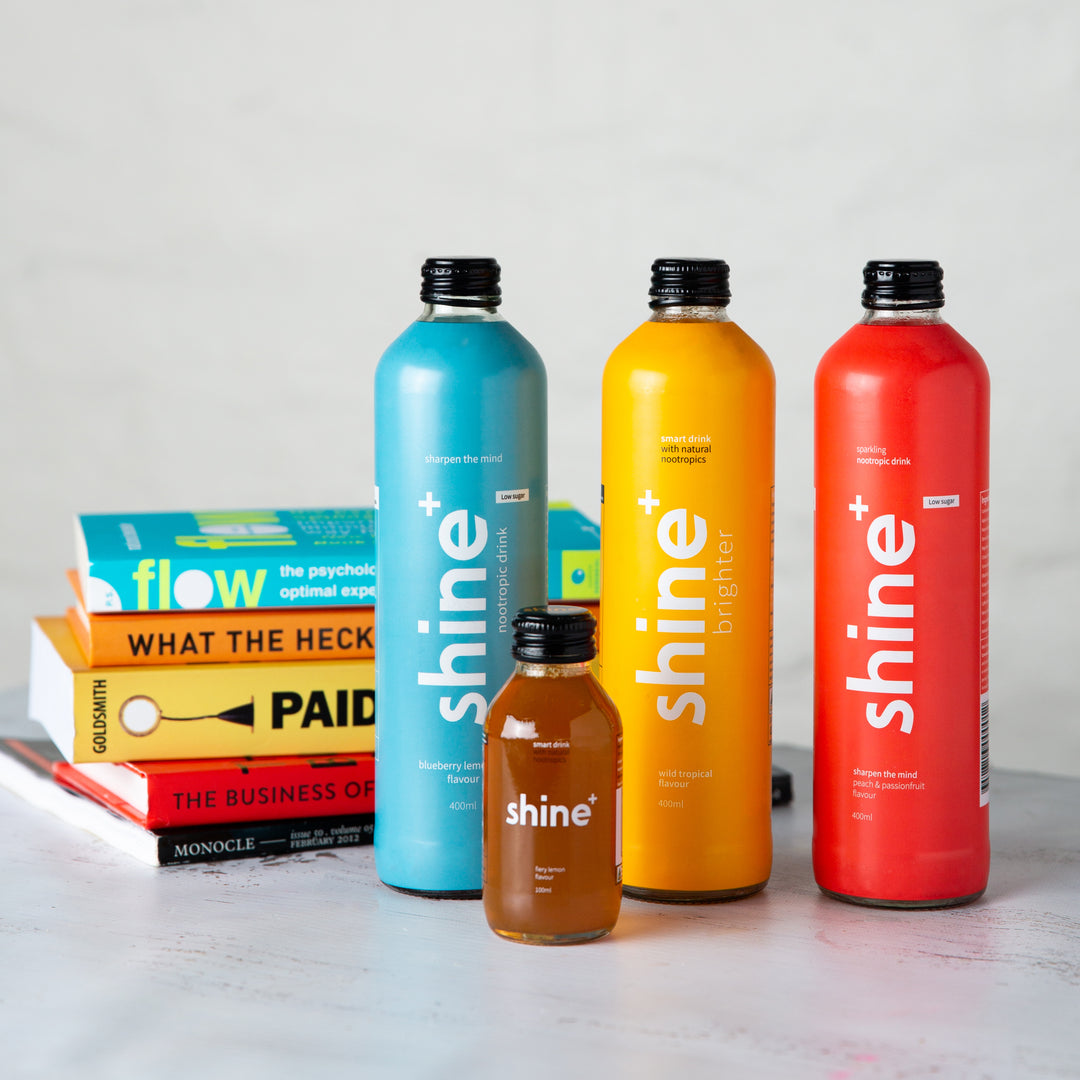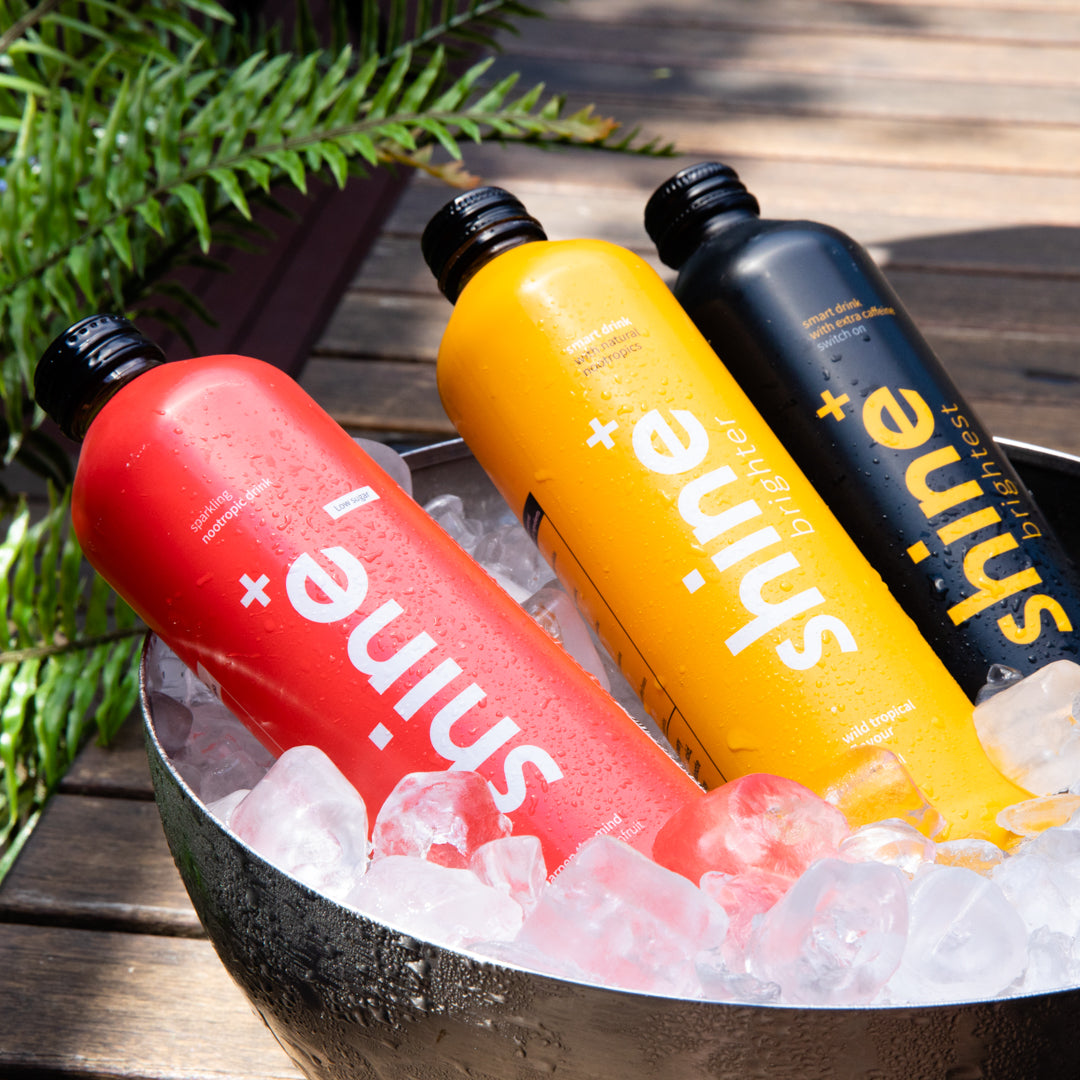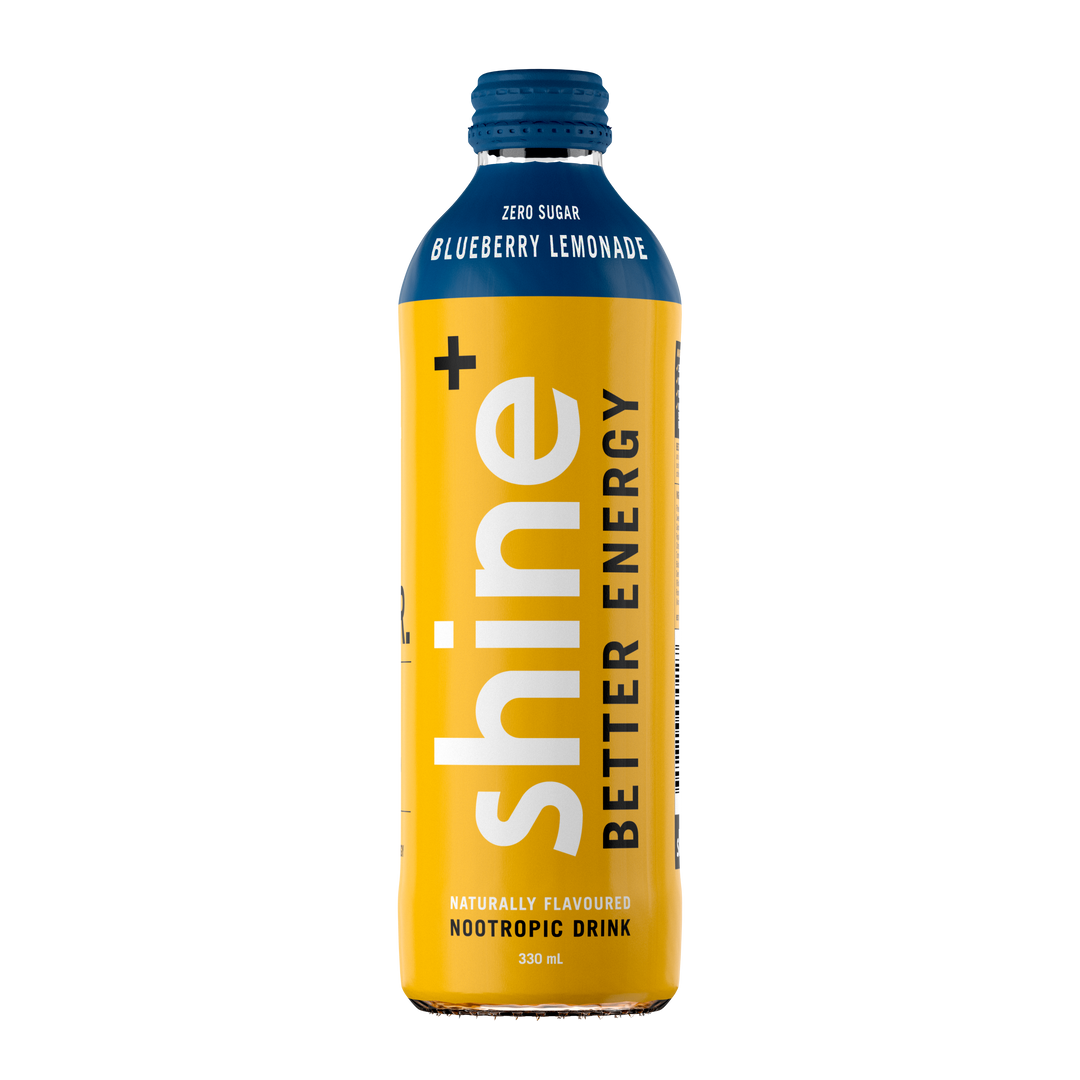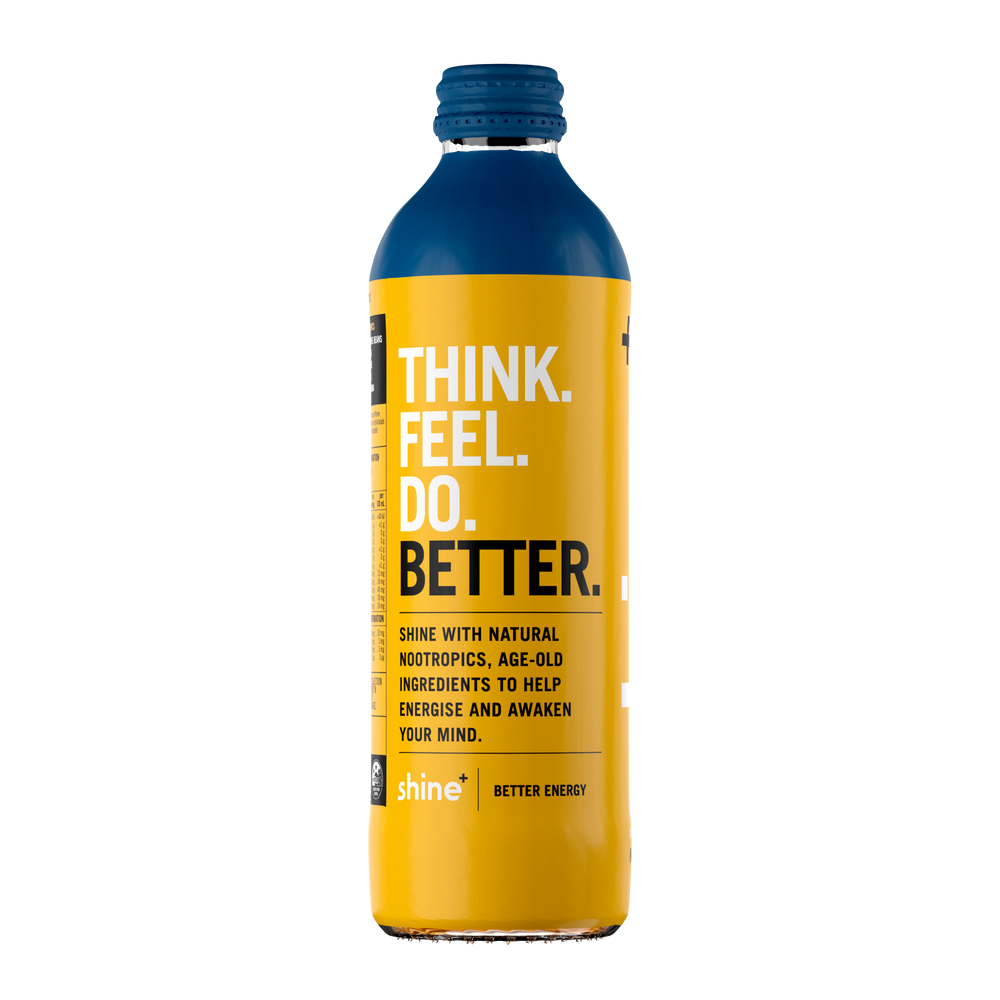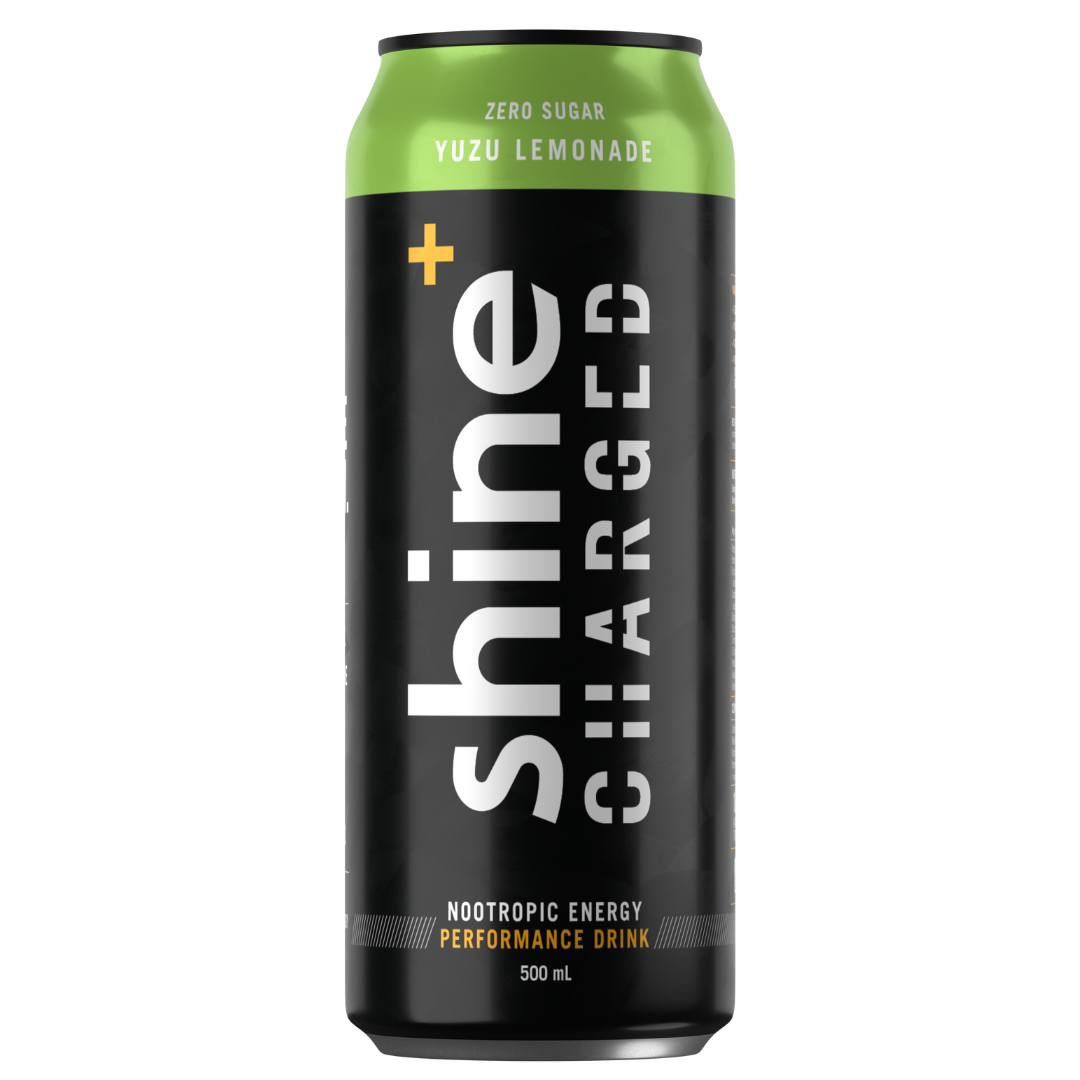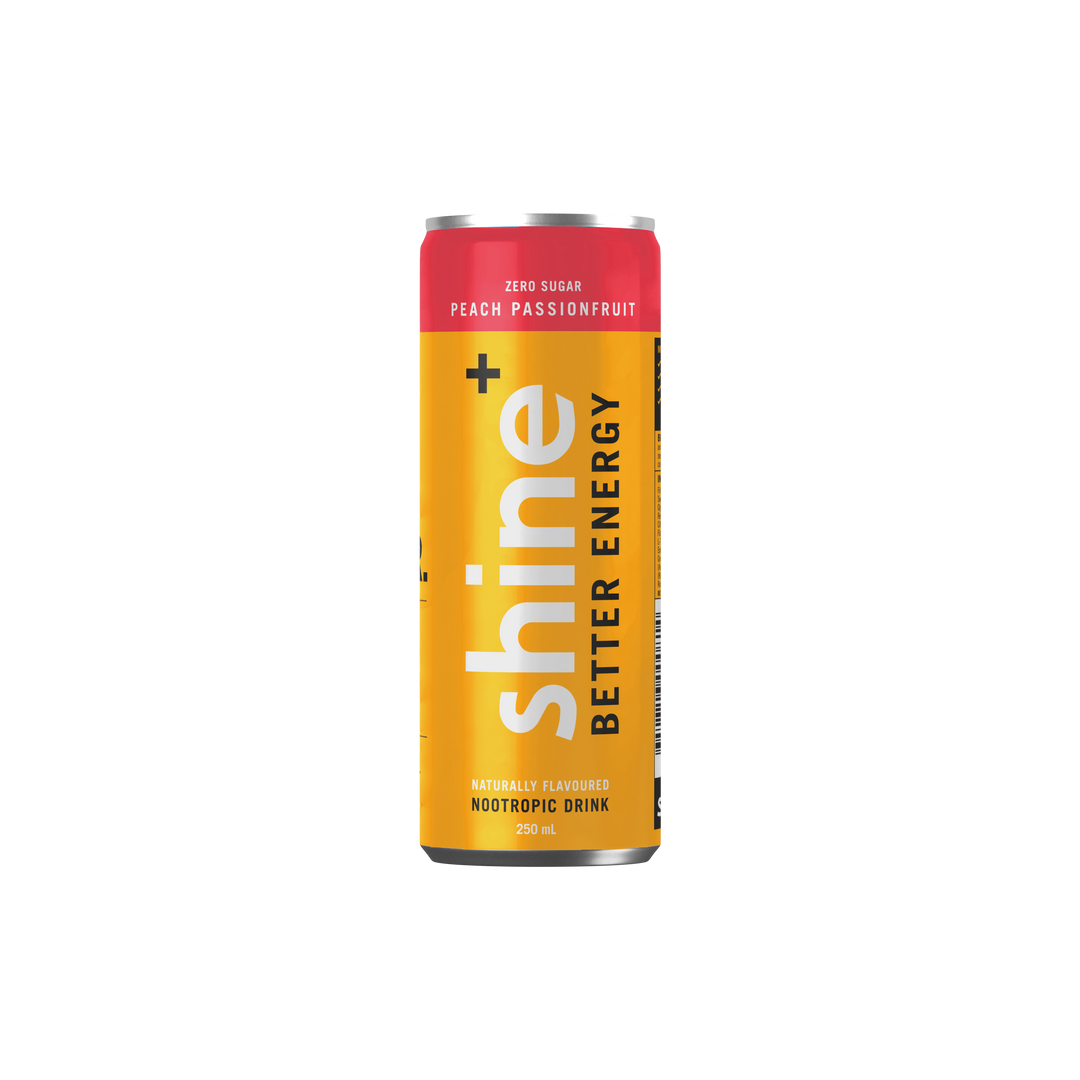NOOTROPICS: SMARTER THINKING OR UNFAIR ADVANTAGE?
Doping in sport has always been the darker side of competitive nature. From sprinting with America’s Tyson Gay, to cycling with Lance Armstrong and many others, and even very recently with the Russian Olympic team, it has been shown time and time again that athletes do everything possible to be victorious. This has been especially apparent in the world of professional road cycling, which is infamous for its culture of doping.
As eSports (professional gaming) has increased in popularity, and the prize pool and potential winnings of tournaments and leagues has gone well beyond six figures, performance enhancement has been talked about more frequently.
The now infamous interview with Counter Strike pro “semphis” said everything that everyone in the competitive scene already knew; players were abusing prescribed drugs, most notably Adderall, to obtain an advantage in focus and cognition over their opponents. Ex-SK Gaming executive Bjoern Franzen wrote a piece which explained that prescription drug abuse went beyond Adderall, with players also using psychostimulants and anti-anxiety drugs to gain advantage in both body and mind.
After the “semphis” interview, ESL reacted by banning Adderall unprescribed, and beginning to swab test at LAN events. They have also adopted WADA’s list of banned substances. Although nobody has tested positive or been punished for cheating the system, it has become an elephant in the room. This has been especially the case with the rise of ‘smart drugs’ and nootropics in competitive gaming throughout 2016.
The question was posed by VICE to Nootrobox CEO Geoffrey Woo: “Are nootropics the steroids of eSports?” As a fellow nootropics company, it’s important to address this question.
Dangerous doping
WADA’s rules on a banned substance highlight that the drug must meet two of three possible points in the criteria. These are:
- The potential to enhance sports performance,
- Presents potential or actual risk to the health of the athlete,
- Violates the spirit of the sport.
This criteria is highly subjective. In the world of eSports, there is no drug that can give you skill. While you may be able to focus clearer or stop body shaking, you can never increase your ability directly. This would rule out the first point. The “spirit” of the sport is also very vague, and what some might consider unfair could be considered by others as ineffective, especially when it comes to “smart” drugs. So with a lack of consensus, it rules out point three.
Nootropics and performance enhancement and banning mostly falls under the second point of WADA’s guidelines, the potential of actual risk. It is the most easy classification to outline and create rules for. Nootrobox discusses how, in a physical sporting environment, EPO blood doping is extremely dangerous because it leads to heart attacks, organ damage, and potential cancers.
This would fit into the bans ESL has placed against not only prescription drugs such as Adderall, but illicit drugs such as LSD and marijuana. All of these drugs listed above are either not being used in their correct capacity (prescription) or are illicit, as well as being proven to cause damaging effects to the body when overused or used incorrectly.
While Adderall has been a go-to for focus and energy for a long time, and some have experimented with the positive effects of LSD microdosing, they mirror the dangers of steroids and blood doping and therefore have been banned from use. Additionally, most of these banned nootropics are also highly addictive, another reason why they have been outlawed by sporting and eSports bodies.
Safe and smart
On the other side of the spectrum, Supplements in Review has concluded that:
“For the most part, nootropics found in supplements are safe and completely legal.”
These components are commonly referred to as ‘generally regarded as safe’ (GRAS) or ‘natural nootropics’, and do not violate the guidelines set out for prohibition by WADA and other anti-doping bodies. All of Shine+’s components are GRAS, most notably the common combination of caffeine and L-Theanine to enhance focus and maintain energy with no crashes.
Natural nootropics provide a positive benefit to the body with usually no side effects, and these side effects would be nothing like those prohibited. Additionally, these nootropics are commonly found in everyday products or environments.
Caffeine and L-Theanine are the two central components of green tea, and this is where the idea to use them for performance enhancement and a source of clean energy began. Ginseng, another common component used by Shine+ and other nootropics brands, is a medicine common in Eastern countries such as China and Russia to reduce fatigue and enhance mental energy and processing.
Whether these are an unfair advantage is another question. Right now, most natural nootropics or components are easy to obtain. So they are not like prescription or illicit drugs/nootropics.
One unfair advantage could be the mixed results of using nootropics. While the Caffeine/L-Theanine combination may be extremely effective for some, it may not do anything for another individual. This potential for inconsistent results is not the same as a blood doper in cycling, however, as nootropics do not always translate into successful results like sports doping does, and is a main reason why natural nootropics are not banned.
Ultimately, natural nootropics are much like protein and powders that you take before the gym. They’re safe when it’s done right and help you get the best out of your workout. So when you want to get the most out of your gaming session, especially in a competitive environment, it makes sense to want to use natural nootropics.
Shine+ is a natural nootropic drink designed to support focus, and maintain mental energy for hours with no crash. Try Shine+ today, and make sure you’re ready for your next big moment.
WORDS BY HAYDEN FITZGERALD


